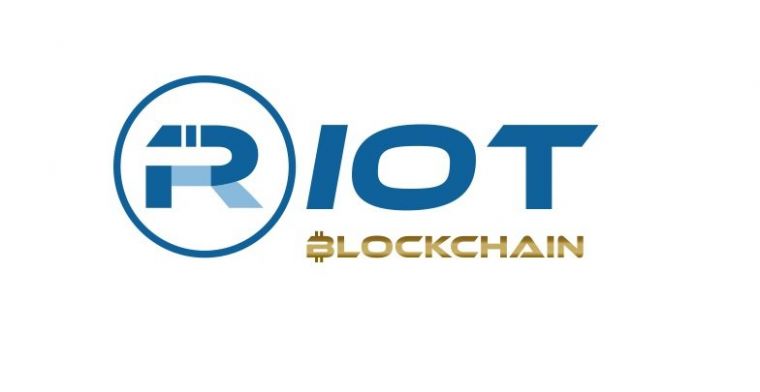Payments giant Visa has filed a patent application with the US Patent and Trademark Office (USPTO) for a blockchain-based centralized digital currency.
Dubbed Digital Fiat Currency, the patent can be used to issue any central bank digital currency (CBDC) despite its application in the US.
The Most Diverse Audience to Date at FMLS 2020 – Where Finance Meets Innovation
“Techniques are disclosed which include receiving, by a central entity computer, a request for digital currency. The request includes a serial number and a denomination of a physical currency. The central entity computer generates the digital currency for the denomination and linked to the serial number,” the patent application explained.
“The generating includes recording the digital currency on a blockchain. The central entity computer transmits a notification of the generation of the digital currency. The central entity computer causes removal of the physical currency from circulation in a fiat currency system.”
High time for bringing digital fiats
Though brought to the public recently, the original application was filed by Visa on November 8, 2019.
This came when many central banks are mulling for the issuance of digital versions of their fiat currencies due to the threats possessed by the private players like Facebook on the monetary system by their digital currencies.
Notably, the Chinese central bank has already developed a digital version of yuan and initiated phased trials of it in multiple metropolitans.
Private players like AliPay are also involved in the development of China’s digital currency.
“Cryptocurrency systems have advantages over fiat currency systems. For example, cryptocurrency money transfers can also be faster than conventional fiat currency money transfers. Lastly, because some cryptocurrencies use blockchains, such cryptocurrencies are often trusted since blockchains are immutable records of transactions,” Visa stated.
Despite the advantages, there are many shortcomings as well which are keeping the monetary regulators from launching digital fiats.
“It is not practical for governments to wholly convert their fiat currency systems entirely to cryptocurrencies, since cryptocurrencies require the use of electronic devices. Some segment of the population of a country may not have electronic devices so a complete conversion of fiat currencies to cryptocurrencies is not practical,” the payments giant pointed out.











